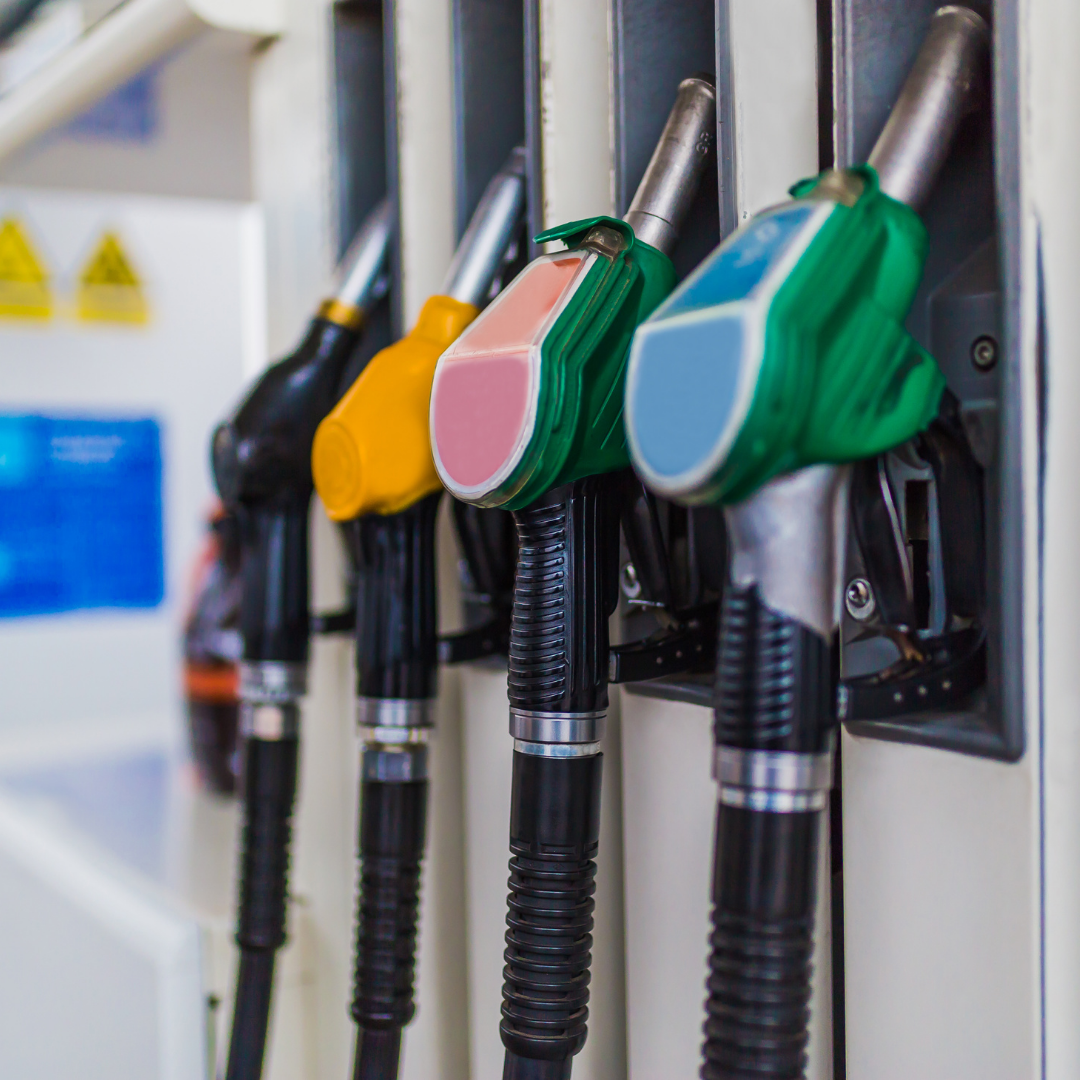Fuel is something that can be safely considered the backbone of any country’s economy. Vehicles are used to travel to faraway places each day. For as long as transport exists, fuel will always be essential for daily functions. This is especially applicable to vehicle fleets that need constant fueling throughout days/weeks depending on how much they travel. That is why fleet management software is used to ensure that keeping on top of fuel is at the forefront of needs for a company.
For the uninitiated, fuel is not only used for vehicles, but also for home needs, such as heating and electricity. Common types of fuel used for home needs include natural gas and propane, which can be sourced from sites like https://fsioilandpropane.com/. These fuels are often more cost-effective than electric energy and can provide reliable, consistent heating and power. Furthermore, they are also safer than other sources of energy, as the risk of fire or explosion is much lower.
That being the case, it is important to understand what exactly differentiates each type of fuel in the market. Not every vehicle is equipped to use certain fuel types and will more than likely damage it. Although this may be common knowledge to many, people are still confused about which fuel type is, which is why this is the perfect guide for you.
What fuel types mean
Plenty of drivers have the common misconception of thinking that the cheapest option is the best one. While this can be the case at times, it will not always be the same situation. Similarly, drivers mistake the most expensive options as the best choice for their vehicles. The point is that basic knowledge of different fuel types is essential to making the best decision for your car to function.
- Gasoline
Among all the other fuels available for automobiles, gasoline is the most popular and common one. From giving power to boats, cars, motorcycles, and other such vehicles, the fuel type is characterized by its fossil-fuel composition that is derived from petroleum. Due to its common use for most vehicles, it is demanded everywhere, which calls for the fuel type to be available at just about any gas station.
There are three currently available octanes ratings or grades for gasoline. These three grades are classified by their octane number and AKI-specific formula. The lowest of these grades is the 87 AKI which is also the cheapest option. The next grade averages around 89 AKI, while the very last grade has a rating of 92 AKI. If you have trouble differentiating which grade is which, stickers and other labels will usually be available to guide you. You could also contact a gasoline supplier like Bonded Oil to know more regarding this and also get it delivered, if needed.
That being said, each grade of fuel will burn differently from the other. The grade with the least octane tends to burn far quicker when pressurized, which is why sports cars choose the highest grades to fuel their vehicles. In most cases, the cheapest gasoline grade is the most cost-efficient one.
- Diesel
Diesel fuels are also composed of petroleum but go through an entirely different process than the one used for gasoline. The majority of industry-grade trucks commonly use diesel (red diesel, for example) to power their large engines. This also is the same for transfer trucks and agricultural equipment. With this in mind, it is essential to understand that there are different kinds of diesel fuels for automobiles and off-road vehicles.
Diesel-powered vehicles have taken over the market over the past couple of years due to the various changes in fuel prices. Naturally, this will affect gasoline, red diesel price per litre, and also other diesel rates. Nowadays, cars powered by diesel generally will have a better gas mileage and cost-efficient fuel compared to the majority of gasoline-powered vehicles. Even when Diesel becomes more expensive, drivers tend to prefer diesel because of its quality and efficiency on their respective vehicles. Some brands even manufacture cars specifically for maximum diesel efficiency.
- Ethanol
This particular type of fuel is quite uncommon to use for most modern automobiles. Ethanol is more commonly used as a sort of additive to gasoline fuel. In recent years, manufacturers tend to lean toward designing vehicles that can run on ethanol fuel due to it being very cost-effective and even renewable. This is because the fuel type is primarily made of sugarcane and corn.
If you look in the right places, there will likely be brands that offer car models that will only work with Ethanol fuel types. This fuel type may not be used as much as others, but it is relatively cheap and worth your money if compatible with your vehicle.
Conclusion
Among all the different fuel types, gasoline is the most popular and commonly used one. Although gasoline and ethanol are also good and safe fuels, they simply are nowhere close to being as popular as gasoline. With all this information in mind, you have to ensure that the type of fuel you are using is the best option for your vehicle. Choosing the right fuel type will be the push to maximizing your vehicle’s performance.

